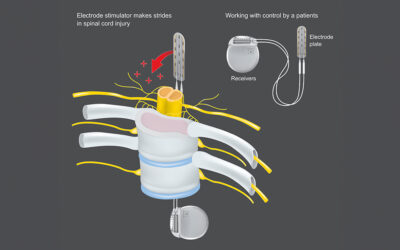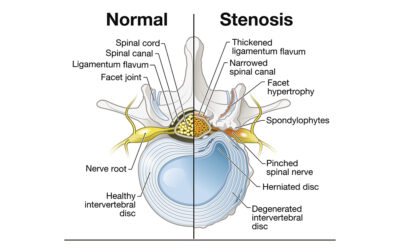Spine and joint surgery patients aren’t taking advantage of common pain relievers like Tylenol or Motrin during their recovery, researchers say.
Instead, many are given opioids, such as oxycodone (OxyContin) or hydrocodone (Vicodin). These highly addictive narcotics are potentially deadly when abused. The United States is currently grappling with an ongoing opioid epidemic.
The new study also found that post-surgical patients improperly store and dispose of their unused opioid painkillers.
“It’s clear we need to empower patients to ask their physicians about non-opioid pain management options, as well as call on prescribers to be more thoughtful of their prescribing practices,” said study first author Dr. Mark Bicket. He’s an assistant professor of anesthesiology and critical care medicine at Johns Hopkins University in Baltimore.
Greater use of non-opioid painkillers means fewer opioids would need to be prescribed, making it less likely that they’d be lost, sold, taken by error or discovered by a child, Bicket said in a university news release.
The researchers found that six months after surgery, more than one-third of patients still had unused opioids at home. And more than 90 percent admitted that they weren’t stored safely.
Three-quarters or more said they had not received instructions on how to store or dispose of the opioids, the study authors noted.
The study included 140 patients, average age 56, who were surveyed two days, two weeks, one month and six months after surgery about their use of non-opioid painkillers. These drugs include nonsteroidal anti-inflammatory drugs (NSAIDs) such as Motrin and Advil, and acetaminophen (Tylenol).
Two days after surgery, 82 percent of patients were not using NSAIDs. Forty-four percent reported not using acetaminophen. Only 5 percent used both NSAIDs and acetaminophen.
One month after surgery, only 6 percent of patients reported use of multiple non-opioid medications.
Also one month after their operation, nearly three-quarters of patients said they had unused opioids. Almost half of these said they had 20 or more unused pills, and 37 percent said they had more than 200 morphine milligram equivalents of opioids. Some experts say that, at this dosage, a patient who has never had narcotic painkillers would overdose.
The vast majority of the study patients reported unsafe storage of opioids a month after surgery and said they had not disposed of unused pills.
The study was published recently in the journal Anesthesia & Analgesia.
More information
The American Academy of Family Physicians has more on pain control after surgery.
SOURCE: Johns Hopkins University, news release, April 30, 2018



